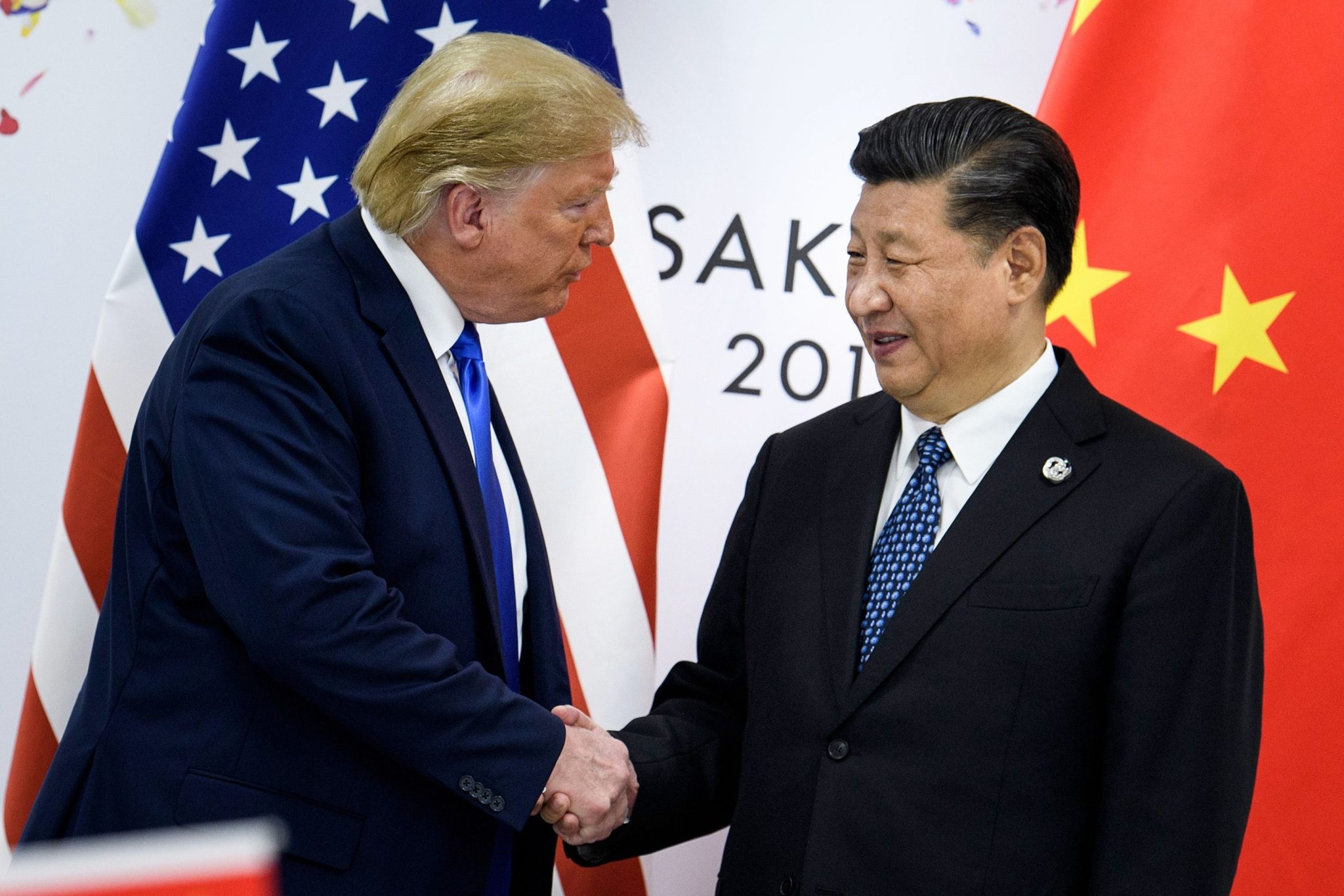The firm plays a key role in the global supply and trade of grains, oils, and food products. Its core trading arm, COFCO International, reported $38.5 billion in revenue last year, handling 108.4 million metric tons of agricultural crops and commodities.
Recently, COFCO placed a purchase order for 180,000 metric tons of U.S. soybeans, scheduled for shipment in December and January. Reuters first reported the order on Tuesday, citing two oilseed traders. This marks China’s first purchase of U.S. soybeans in several months. COFCO did not immediately respond to Fortune’s request for comment.
Experts familiar with the transaction told Reuters that the purchase volume was relatively small, amounting to just three cargoes or shiploads of soybeans. They also noted that demand for U.S. soybeans is not expected to increase significantly in the near future, following recent large purchases from South America.
China accounts for about 60% of the world’s soybean imports, and in 2024, it made up 51% of U.S. soybean exports. However, trade tensions have created a significant divide between the U.S.—the world’s second-largest soybean producer—and China. The rift has been so pronounced that China had not previously placed any orders for the U.S. soybean growers’ autumn harvests.
This situation has raised concerns among farmers in rural America, who warn of an impending economic crisis fueled by losing their top export market, falling crop prices, and high production costs.
On a hopeful note, former President Trump and China’s president are scheduled to meet for talks regarding trade and tariffs during the Asia-Pacific Economic Cooperation (APEC) Summit in Busan, South Korea, on Thursday. These planned discussions come after Treasury Secretary Scott Bessent hinted at a de-escalation in the trade war under a deal framework he negotiated.
In a recent interview aired on Sunday, Bessent addressed the 100% tariff threat, which followed China’s announcement of strict export controls. These include a ban on rare earth exports for foreign military use and a requirement for foreign entities to obtain Chinese government approval for products containing even trace amounts of Chinese-sourced rare earths. Rare earth elements are crucial for the U.S. in military applications and AI development.
“So, I would expect that the threat of the 100% tariffs has gone away, as has the threat of the immediate imposition of the Chinese initiating a worldwide export control regime,” Bessent said.
While declining to give specific details about the trade agreement to CBS, Bessent expressed optimism for U.S. soybean farmers, saying they will be “extremely happy with this deal for this year and for the coming years.” He added, “I believe that we have brought the market back into equilibrium, and I believe that the Chinese will be making substantial purchases again.”
Babak Hafezi, adjunct professor of international business at American University, told Fortune that negotiations between China and the U.S. have been marked by “leverage diplomacy.”
“The Chinese understood that they could not renegotiate unless they had leverage, and they used rare-earth minerals as a key lever, bringing the U.S. to the table,” Hafezi explained.
Following China’s move in mid-October, negotiations accelerated, including the U.S. requirement to purchase soybeans—an order COFCO had not placed this year, he added.
“This is a quid pro quo in the negotiation process and helps us stabilize relations with China more quickly,” Hafezi concluded.
https://fortune.com/2025/10/30/china-buys-us-soybeans-trump-xi-summit-deal-trade-tariffs/
